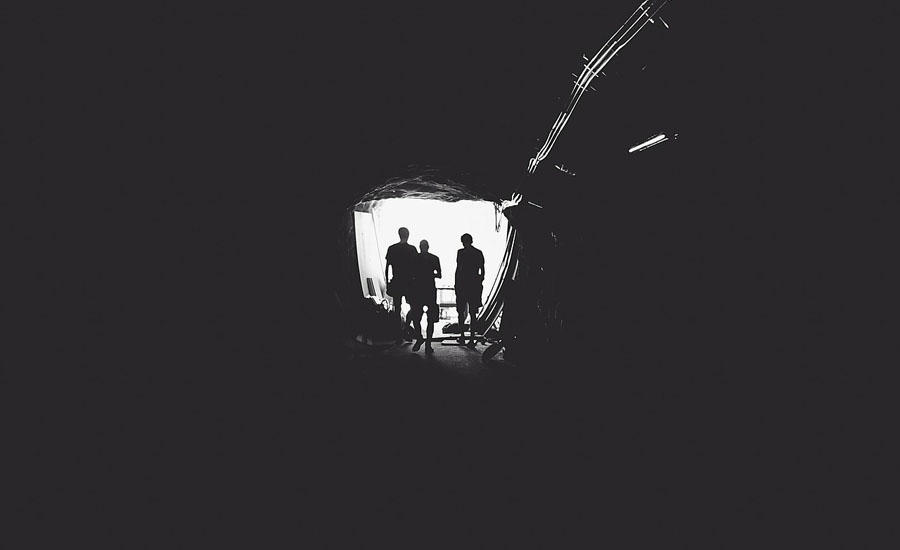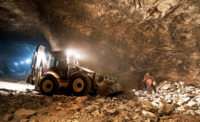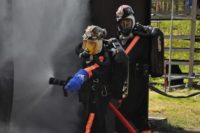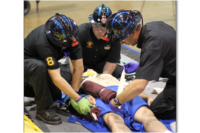As an 11-year veteran of the Mine Safety and Health Administration (MSHA) and a member of MSHA’s Mine Emergency Unit since 2007, I have responded to a number of mine fires and explosions around the country, the most disastrous being the Upper Big Branch blast in 2010 that killed 29 coal miners.
I’ve also judged numerous mine rescue contests around the country, intensive exercises that showcase and test first responder skills in a competitive environment. These contests help prepare rescue teams for the next real-life catastrophe that may leave miners injured, trapped or missing underground.
Earlier this year, when MSHA’s MEU No. 1 team began preparing for the 2016 International Mine Rescue Competition in Sudbury, Canada, they asked me to join. At first, I wasn’t sure I wanted to participate. Ten weeks of additional training meant being away from home and family for long stretches. After discussing it with my wife and some coworkers, I decided to take advantage of this opportunity.
MSHA’s team is comprised of nine members, all of whom I had met before but some I didn’t know very well. Over the course of those weeks of training, that all changed. We have formed bonds that will last a lifetime, and for that fact alone, I am glad I decided to participate.
By August, we were ready for the international event, referred to in mining circles as the “Olympics of Mine Rescue.” Twenty-seven teams from 13 countries prepared to battle it out in six areas: underground mine rescue simulation, first aid, firefighting, high angle rope rescue, theory exam, and a technician event requiring service and repair of rescue equipment.
The underground mine rescue exercise was particularly challenging. Each team member had to haul around 40 pounds of equipment underground for two hours, then transport a victim up a 17-degree slope and out of the mine, all while under a breathing apparatus. It was physically and mentally exhausting, and exactly how a real rescue operation would play out. That’s why these exercises are so valuable.
MSHA’s team efforts paid off. We brought home a silver medal in firefighting and a bronze medal in the team technician event.
These medals, however, are just a small piece of the overall reward. Based on my experience over the past six months, our training has led to a strong and cohesive unit, increased knowledge, improved hands-on application of skills − and a sense of pride, honor and commitment.
I feel confident that if another mine disaster occurs and we are called upon to respond, the experiences garnered at these contests will be put to good use by a team of committed professionals ready and willing to save miners’ lives.



